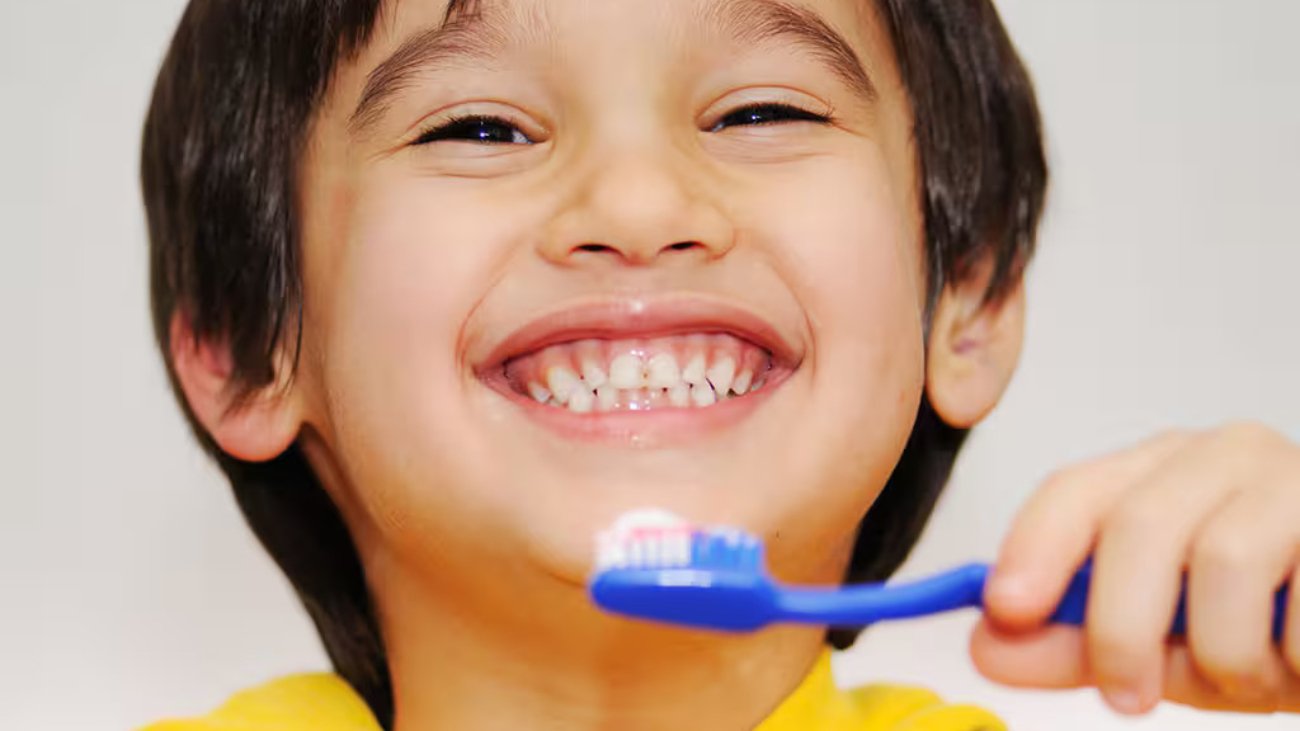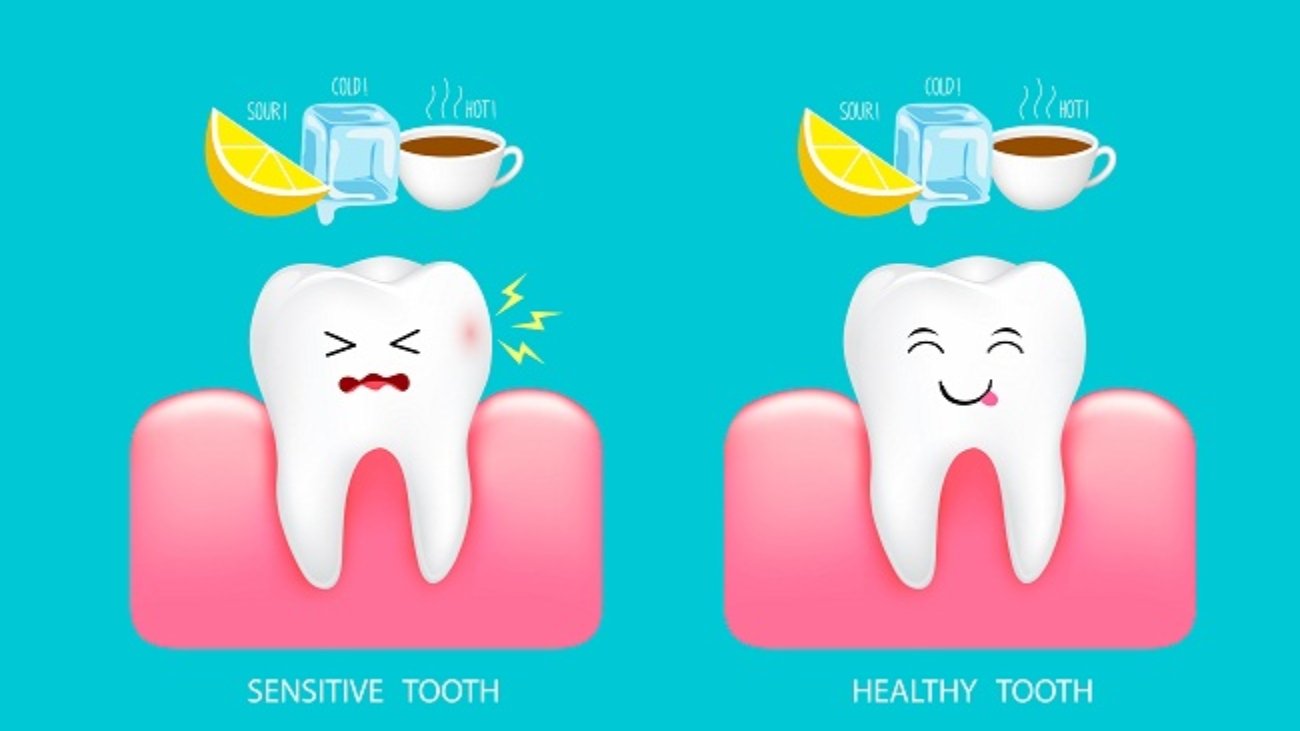The Importance of Oral Health for Children
It is important to teach your children to form strong oral health care habits while they are young to prevent tooth decay or harmful bacteria from spreading. Dental diseases can go beyond pain and infection, potentially affecting speech development, esthetics, and self-esteem. Many children with poor oral health develop a negative self-image, which can lead to depression.
Insufficient tooth care has also been connected to poor school performance and can play an important role in the development of your child. In a study done to assess the impact of substandard child tooth care, it was found that children with poor oral health are more likely to miss school and receive lower grades. Dental pain and other issues distract children from schoolwork and make them unable to concentrate, which adds to their poor school performance.
The quality of your child’s dental care affects their growth and development, as well. Poor dental hygiene can cause a child to have a difficult time eating healthy foods, which may lead to problems with inadequate nutrition, difficulty speaking, and issues with their jaw and bone development.
Learning how to take care of your child’s teeth is vital to helping them be successful in school and beyond. Take a look at some of the ways we can help your child thrive.
Tips For Caring For Children’s Teeth
1. Clean Teeth as Soon as They Come In
When your child is around 6 months old, the two lower front teeth are the first to erupt. Gently wipe these teeth with a soft cloth, gauze, or even your clean finger. At 12 months, it is possible to start brushing teeth with a soft infant brush, and at 18 months, we can introduce a pea-sized amount of children’s fluoride toothpaste while brushing. It would be best that you start to floss when you see that two teeth begin to touch. Children have 20 primary, or deciduous, teeth. They begin to erupt between 6-14 months. By age 2, most children have a full set of 20 baby teeth.
2. Brush our Children’s Teeth Twice Per Day
Your child’s early years are the perfect time to make brushing fun and cultivate good habits. Stand behind them and make them look in the bathroom mirror. Try to use positive, gentle words to explain what you are doing. Never use double negatives or harsh words such as “this won’t hurt you.” When the child hears the word “hurt”, they are reinforced with a traumatic experience. Explain how the teeth are getting white, shiny, and bright because you use ADA-approved child’s toothpaste. By age 1, try to get the child off the bottle and use a sippy cup, and around age 2, you want your children to be able to spit. This skill is helpful so that the child does not swallow too much toothpaste while brushing.
3. The Bottle
After the baby teeth come in, it is best not to put the child to sleep with a bottle that contains milk or juice. The presence of sugar can result in Nursing Bottle Syndrome, leading to the rapid decay of the baby’s teeth. Instead, you can put water in the bottle and wean the child into a sippy cup as soon as possible. Or, you can use an orthodontic pacifier to soothe the child as they go to sleep, instead.
4. Fluoride and Toothpaste
While fluoride is crucial to children’s oral health, brushing, cleaning, and wiping still take precedence. So, start brushing your child’s teeth as soon as they erupt, which should be at around 6 months. At this early age, wiping the teeth clean with a soft gauze is as effective as brushing with a small, soft child’s toothbrush.
The outside of our teeth is made of enamel, which is the hardest substance in our body. Dental decay starts when the bacteria living in our mouth reacts with the sugar found in our food and forms an acid that eats away at the enamel. Fluoride helps prevent decay, as it combines with the enamel to make it even more resistant to acid. A tiny smear of ADA-approved children’s toothpaste may be used at 1 year of age. By age 2, most children have developed the ability to spit, which is important. At this age, we are increasing the amount of toothpaste to the size of a pea and we do not want the child to swallow the fluoride paste.
Children have 10,000 taste buds around this time, twice as many as an adult. So they taste the fluoride much more than we do. Too much fluoride can lead to fluorosis, which causes the teeth to discolor or form crazes in the enamel. Proper levels of fluoride greatly reduce dental decay. At around 6-12 months, we advise that dental varnish containing fluoride be gently applied at your child’s first well visit to Om Dental and Medical Care. We feel that doing this two to four times a year will ensure a caries-free mouth for your offspring. Brushing twice a day for two minutes, limiting sugar, and using fluoride form the triad of excellent dental health for our most prized possession — our teeth.
5. Maintain a Diet That Is Low in Sugar
We are trying to prevent dental decay in your children. Without sugar, specifically a simple form called sucrose, decay cannot take place. Your child should NOT eat processed or refined sugar such as candy (gummy bears), ice cream, potato chips, prepackaged snacks, soda, soft drinks, sports drinks, dried fruit, honey, citrus drinks, fruit juice, milk, raisins, cake, sugary cereals, and even some bread. While this endeavor may be challenging, moderation is key. The sugars from these foods are broken down by the enzymes in our saliva to form sucrose. Bacteria that live in balance in our mouths (especially Streptococcus Mutans) will connect to the sugar. This mush is called dental plaque. The reaction of the bacteria on the sugar produces an acid. It is this acid that starts to eat away at the outer surface of the teeth (the enamel). This process is known as dental decay, and it goes on to form cavities. Serious infections can arise if the cavities are not treated promptly, which leads to involved dental work such as crowns, root canal therapy, or even extractions.
A sweetener known as xylitol, which is a sugar alcohol found in sugarless gum, has been shown to be an acceptable replacement for sugar in moderation. There is also sugar in milk, which is known as lactose. Nursing bottle caries can occur from prolonged exposure of a baby’s teeth with a bottle filled with milk, fruit juice, or another sugary liquid. We have even seen it with pacifiers dipped in sugar at nap time. We strongly advise that if you are using a bottle as a pacifier, fill it with water. If your infant is going to sleep with milk in the bottle, remove the bottle as soon as the baby falls asleep to prevent the upper teeth from soaking in the lactose from the milk. The sooner your infant is off the bottle and using a sippy cup, the happier we are. Cleaning the mouth with wipes, gentle brushing, flossing if teeth are touching, fluoride, and reduction of sugar in the diet are the magic keys to keeping your child’s mouth happy and healthy.
6. Healthy Foods for Healthy Teeth
Healthy eating is an important way to maintain your children’s oral health. Some beneficial options include:
- Water (lots of water all day long)
- High Fiber Vegetables
- Nuts/seeds
- Fruits containing Vitamin C (berries best, apples, pears, oranges)
- Banana (contain Vitamin C, B6, fiber, potassium and magnesium, I like them because they have “a peel”)
- Sugarless gum containing xylitol
- Dairy Products
- Protein (fish, chicken, lean meats)
7. Sealants
Statistically, sealants prevent 80% of cavities from forming on posterior molars for two years and prevent 50% of cavities from forming for four years. Between 5-14 years of age, children can have sealants, which are thin, plastic and white coverings, painted onto the cracks and fissures on the top surface of their permanent teeth. They harden in seconds when a curing light is placed upon them. This is a painless and inexpensive procedure that we feel is very worthwhile.
8. Regular Checkups
We want to see your child at age 1, which is six months after the first lower baby teeth have erupted. It is important that your child gets used to coming to the dentist under the most pleasant of conditions, so the child can bond with our dentist and look forward to their visits. It is best to schedule their visits during times when they are normally cheerful and awake. Preparing by talking to or reading books to your children also helps make the first visit a fun experience. Usually, we want the children to come in twice per year. They will receive a detailed exam of their mouth, gentle polishing and cleaning of their teeth, and as they get older, we will apply fluoride. This treatment helps ensure that any tiny pathologies are nipped in the bud.
An example is Interceptive Orthodontics. Early intervention will improve future outcomes by the guidance of teeth eruption and correction of malocclusion, or poor bite. This is usually done with a simple fixed or removable appliance. Any cavities will be diagnosed and treated. Cavities in baby teeth should be treated so that the permanent teeth lying below them in the jaw will not be harmed. We will also reaffirm preventative measures to stop cavities from forming. This is also the time for you to bring up any concerns like excessive thumb sucking or teething problems.





